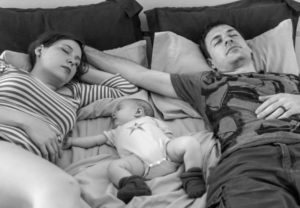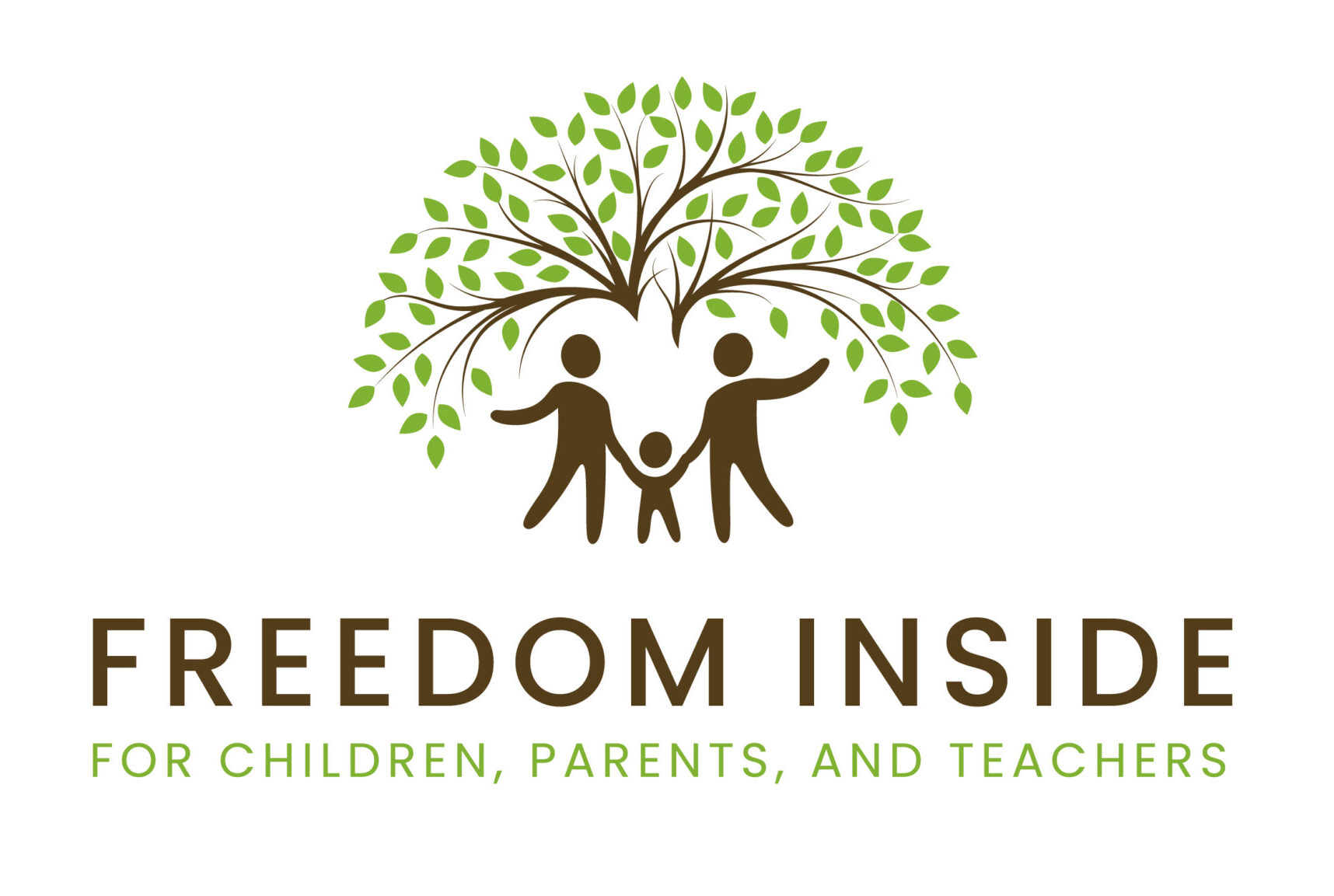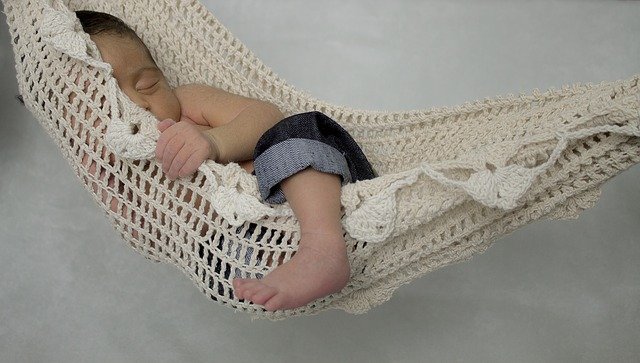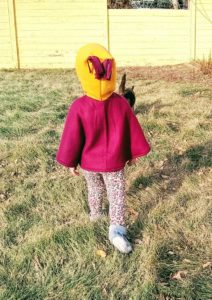In the first year of life, your child is growing so much that you have to stay very in tune with them to ensure you are adjusting to their sleep needs. Sleep is so valuable, I often hear people ask what are some baby sleep training methods? At least, as defined by me. Because I don’t really do the whole ‘cry it out’ method. I believe that by staying consistent, meeting your child’s needs, and practicing sleep as a skill they need to learn, your child will learn to sleep on their own around 6 months.
Sleep Training According to Me
Now I personally use the term ‘Sleep Training’ to describe working with your child in any form to help them learn healthy sleep hygiene. Ultimately, this will look like them sleeping through the night without problem. To be very clear, Sleep Training, as defined by me, is NOT the cry it out method.
Sleep training is about balancing appropriate developmental expectations with the needs of your child. It is about being responsive and supportive. Most of all, it is about helping you move towards a sleep routine that makes sense for you and your family.

Setting Realistic Expectations
The one factor for sleep that I think I stress the most is the importance of setting realistic expectations. We not only shouldn’t expect our newborn babies to sleep through the night, but it really isn’t good for them on an eating level either. We shouldn’t be going 8-10 hours at night without feeding newborns.
My goal is to have your child sleeping through the night by 6 months. Some families have their children sleeping through the night before then, and if your child does, as long as they are at least 6 weeks old, that is great. This particular process is based on developmental readiness, which is around 6 months.
You see, learning how to go to sleep on your own, and then stay asleep through the night, is actually a learned skill. We have to teach our children, through scaffolding and consistency, how to sleep through the night. There are little things we can do from day one to help this process. And those things are the things I try to teach you through these blogs.
The Process
Healthy sleep hygiene starts on day one. It’s about practice, building attachment so your child knows they are safe, and parenting from a place of love and patience. Using these practices in a combined effort, your child will learn how to sleep on their own, through the night, without snacks, over time. Don’t expect this to happen right away. We need to be patient and consistent when teaching our children.
Responsive Parenting
It is impossible to spoil a baby. This means, when your baby is crying, they are expressing a need for something. They are incapable of manipulation. Honestly, object permanence doesn’t set in until around 8 months, which means that when you leave the room your baby doesn’t know you exist.
All of this is to say that it is important to start building attachment right away, and in this case that looks like responsive parenting. When your baby cries, meet their needs to the best of your ability. Hungry? Feed them. Tired? Put them to sleep. Dirty? Wash them. One of the greatest needs of a baby is human connection. Crying for no reason? Hold them. Respond to your child’s needs and let them know that if they need you, you are there for them.
This, by the way, is part of why I don’t do the cry it out method. No child should have to sit in a huge room all alone and be left on their own. This is especially true before object permanence. Some people’s greatest fear in the world is being alone. So why do we force this upon our babies?
Scaffolding
Scaffolding is just a fancy term for building upon previous knowledge in order to build new skills. In this case, you have to build on 0 knowledge on how to sleep to full knowledge of sleeping independently through the night. This means that you can review and of my habits and tricks for any age that your child is currently at or before in order to build the blocks for healthy sleep.
Scaffolding will start out looking like knowing day from night, and then eventually how to sleep alone but near a person, to sleeping alone, to sleeping with fewer snacks, to sleeping through the night. It isn’t a one step process. It’s making sure your child has their first learning process covered before moving onto the next lesson.
Watch the Signs
One of the greatest gifts you are going to master over the first few months of being a parent is learning your child’s signs of sleepiness. You want to get good at reading these signs so that you can put your child down for sleep before they are overtired. Believe it or not, an overtired baby is going to fight you more on sleep than a well rested one will.
Get in the Right Habits Now
Start good sleep hygiene habits right from the start. This is more than safe sleep practices and clean sheet. It’s keeping the room dark at night, but not too dark for naps during the day. It’s aging with your child, and starting to put them down while drowsy but still awake. You want to build the right habits to set your child up for success.
Almost as important as getting into the right habits, is avoiding the wrong ones. If your child is almost one and still nursing through the night, there is a very good chance they have developed the wrong habit.
Get in a Routine
I know, I go on an on an on about routine. But I can’t help it! In the first five years, and most especially in the first year, routine is going to be a game changer. How can we ask children’s bodies to know when to get sleepy if bedtime is anywhere between 6pm and midnight? Be consistent and find a routine that works well for you and your family.
Age Based Sleep Needs
Because learning to sleep is a skill, what is realistic and appropriate is going to change for your child through the year. While this page has generalizations around what to expect, I have also written blogs that break down expectations a little further depending on exact age. We don’t expect a newborn to sleep through the night, but we do hold that expectation for a 1 year old.

Sleep Help!
Need support with getting your child on the right track for sleep? View my Postpartum Doula page where I can offer sleep training for you and your family, including a night’s reprieve if you just need some time to catch up.















Pingback: 5 Promises to my Future Child - Freedom Inside the Box